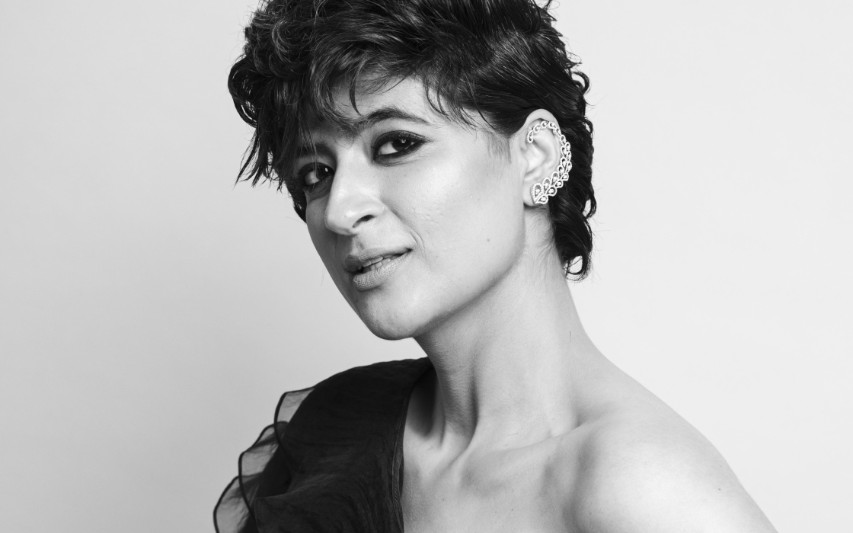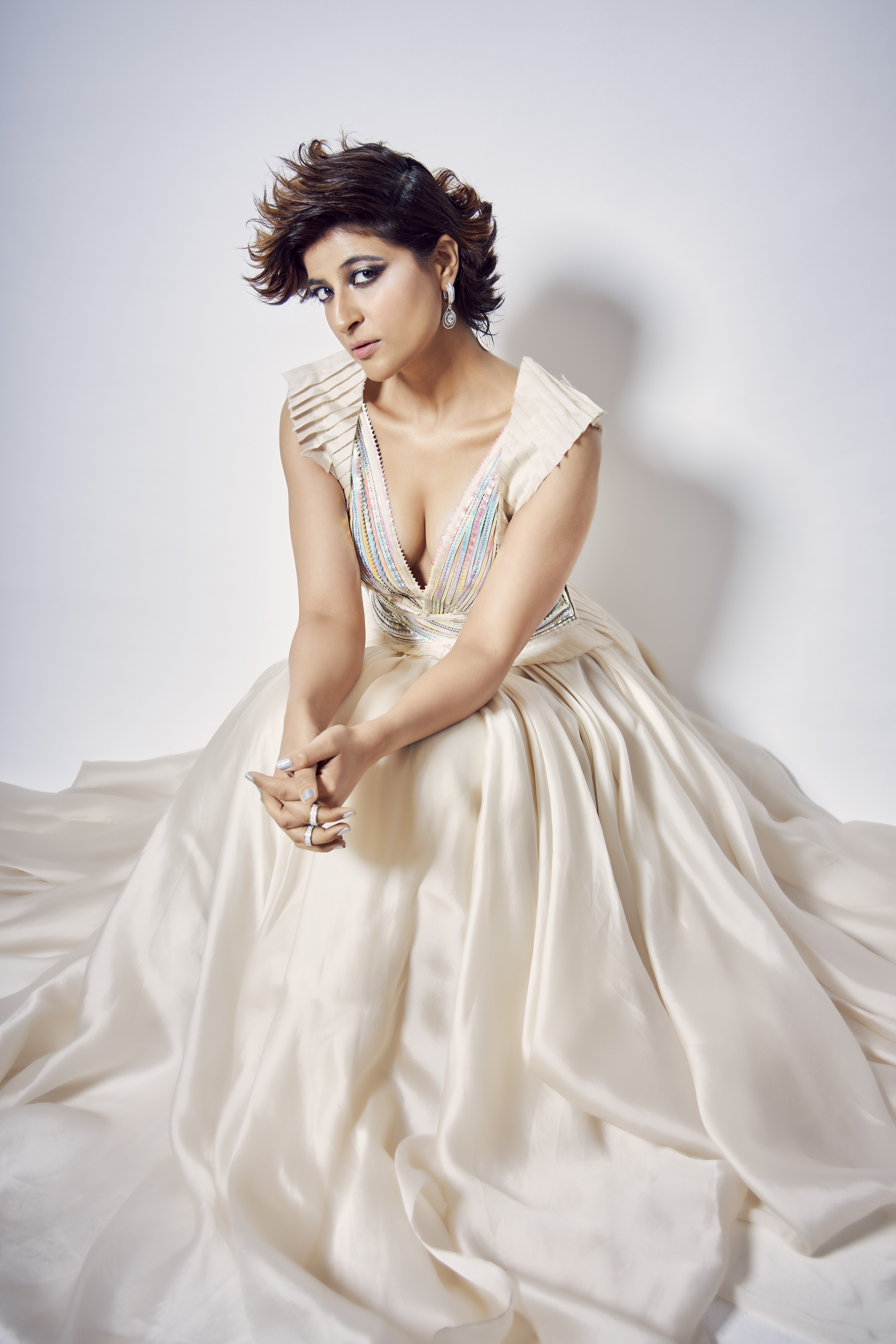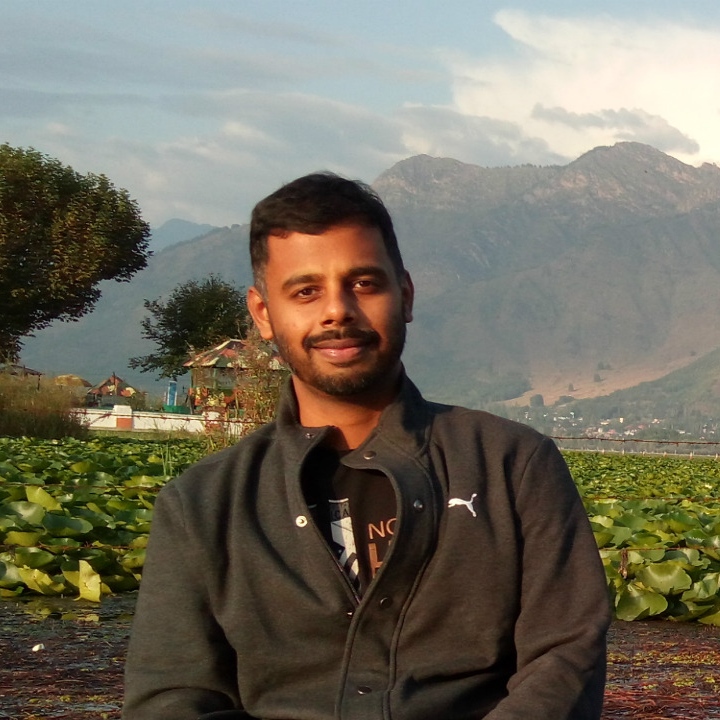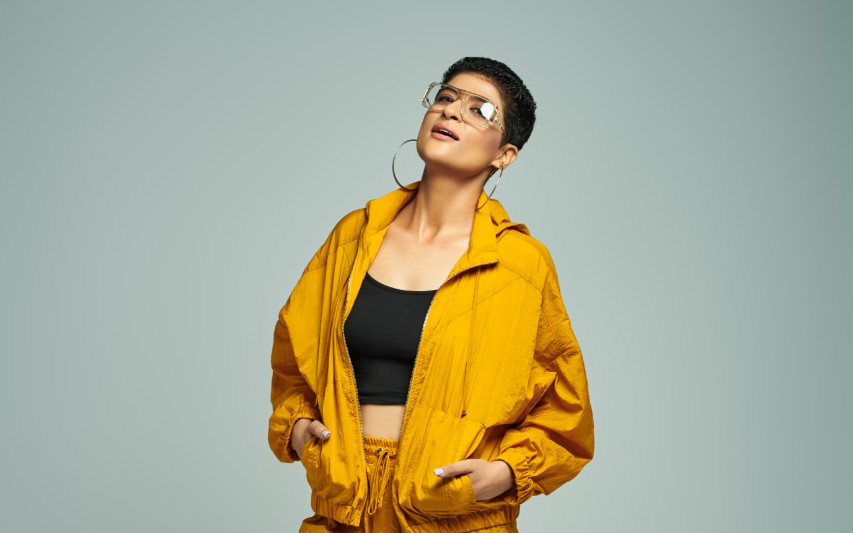In a country that speaks about illness, especially women’s illnesses, in hushed tones, Tahira Kashyap Khurrana’s voice rings loud and clear. Back in 2018, when Tahira was diagnosed with Stage 0 breast cancer—a process that ended with the surgical removal of one breast—she had the choice of saying as little as possible about it. But the filmmaker did the exact opposite, going public with an Instagram post about the whole experience, and posing with the post-operation drains she jokingly referred to as dumbbells.
Since then, Tahira has spoken at several forums and has even started a podcast where she talks about life after cancer. Her faith in Nichiren Buddhism and the support of her family, including actor husband Ayushmann Khurrana, helped her see the entire ordeal with the pragmatic eyes of ‘just another obstacle to be jumped’. Vocal about the struggle of millions of others, she candidly refuses to be labeled a survivor and says that no such ‘medal’ is needed. All that’s required, she says, is to help women overcome the fear of social embarrassment and seek timely cancer treatment.
Here’s more from the interview with Tahira.
Thrive Global India: What was the most unexpected change that occurred in your life after your cancer diagnosis?
Tahira Kashyap Khurrana: Physically, it was when I lost my hair and went bald. We weren’t sure I would need chemotherapy. But when the doctor told me it would happen, I was hoping that I would be among the small minority of patients who keep their hair. That was unexpected.
TGI: Were you prepared for the physical, mental and professional challenges that accompanied the cancer diagnosis?
TKK: When I got to know that I had cancer, it was my faith and spirituality that helped me hold my ground. Of course, family support really matters, and it was always there. But despite being educated enough, I still sat over my symptoms for 2 months, [which points to the] dearth of awareness. And [now] I intend to talk and communicate all the more so that breast cancer detection and awareness gets on top of everyone’s minds.

TGI: You’ve said that you don’t like the cancer ‘survivor’ label. Why’s that?
TKK: I don’t like the label of survivor, because I’ve seen far too many cases in the past year-and-a-half. Before that, it was a different situation—I didn’t know anyone who had endured cancer. But once I opened myself up to the world, the world also opened itself up to me, and I got to know about many cases.
Apart from that, I have also lost a few people, including someone my own age who was a mother to my son’s classmate. That really hit me hard. So I don’t like this word because I don’t want to rub it in or harp on the fact. We (cancer patients) do whatever we can to the best of our ability. Some of us make it, some don’t. That doesn’t mean there’s any reward or medal for those people. The biggest reward for anyone who’s been through this ordeal and emerged from it is life itself, that’s the biggest boon.
TGI: How did spirituality reframe the way you looked at the cancer?
TKK: Nichiren Buddhism has really reframed the way I look at not just cancer, but any obstacle that comes in my life. I view obstacles as chances given to us to change something deep within. And that’s called human revolution, which means [being] ready to change and take strides ahead in life. It’s like [using] a springboard to leap over obstacles, become a better version of yourself, and go higher and better in life.

TGI: You have used your own experience to be vocal and to remove the stigma associated with cancer. How did it go from being a personal battle to a wider campaign?
TKK: Initially, I never had the intention of sharing my story with the world. But then I saw that there was a huge difference between our mindset (my family’s and mine), and that of the doctors. And that really shook me.
On one hand, the immediate response to any such situation is ‘Don’t tell anybody else; Don’t discuss it with the world; This is our problem, we’ll deal with it’, etc. On the other hand, my doctor used to tell me about so many cases where early detection could not happen due to the stigma and taboo associated with cancer. That’s when I realised I need to make a change within my own life, my circle and family first. So I shared it publicly. And as I came to know how much humiliation and embarrassment is associated with it; how guilty women feel, I wanted to address it. That’s when the shift in perspective happened. Instead of just thinking about myself individually, I started to propagate this message so that it could help others.
TGI: What are some ‘micro’ habits, if any, that you follow for your physical and mental well-being?
TKK: I believe in ‘Food for body, Food for soul’. I started intentionally having healthy food, and reduced my consumption of packaged and processed food significantly. I don’t go on fad diets, but started including fruits and greens. Then I also exercise. Apart from that, I need food for the soul, which is my mind. That comes through my practice of chanting Nicherin’s Buddhism. I’ve started respecting my mental health as well.
I feel there’s a huge congruent area between your mental and physical health. They exist in unison, not individually, so you can’t be taking care of one at the cost of the other. So I’ve come to respect my mental health and physical well-being.


